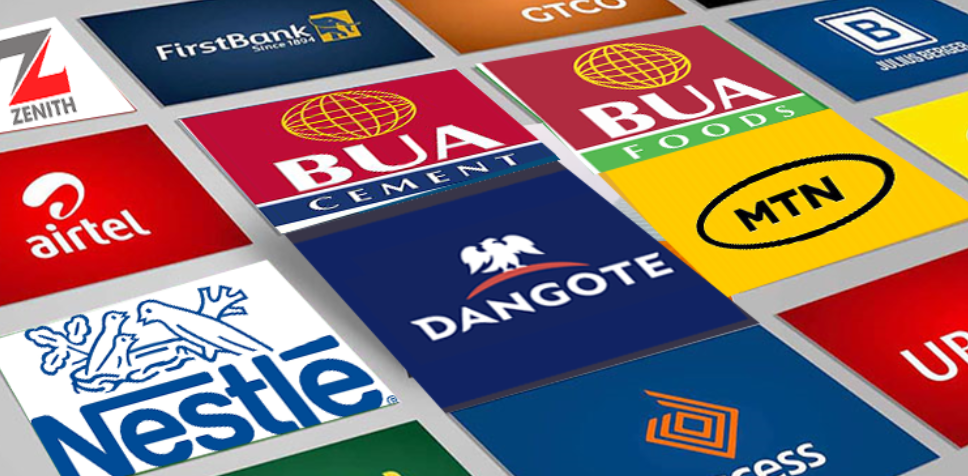THE Federal Government earned a total of N392.7bn in income taxes from ten leading companies listed on the Nigerian Exchange (NGX) in the first half of 2025, representing a 16.1 per cent increase compared to the N338.3bn remitted in the same period of 2024.
The analysis, based on companies’ half-year financial statements filed with the Exchange, shows that the surge in tax inflows was largely driven by higher corporate earnings amid inflationary pressures and naira devaluation.
The firms that contributed include Dangote Cement Plc, Nestle Nigeria Plc, Lafarge Africa Plc, BUA Cement Plc, International Breweries Plc, Julius Berger Plc, Nascon Allied Industries Plc, UAC of Nigeria Plc, Cadbury Nigeria Plc, and Dangote Sugar Refinery Plc.
Dangote Cement Plc emerged as the single largest contributor, remitting N209.6bn in the first six months of 2025, up from N103.1bn in H1 2024—an astonishing 103 per cent increase.
This reflects the scale of its operations and reinforces its central role in government revenue generation.
Similarly, Lafarge Africa Plc recorded a dramatic surge, paying N67.1bn, compared with just N17.3bn in the same period last year—marking a 288 per cent rise.
BUA Cement Plc also saw a major jump, remitting N33.9bn, up from N5.9bn in H1 2024, a staggering 477 per cent increase.
Nestle Nigeria Plc paid N37.8bn, down from N75.6bn in H1 2024—a 50 per cent decline, largely due to accounting adjustments and shifts in taxable profits.
International Breweries Plc remitted N20.2bn, falling sharply from N43.5bn last year, a 53 per cent drop, linked to rising production costs and stiff market competition.
Nascon Allied Industries Plc contributed N7.7bn, up from N2.4bn in H1 2024—a 222 per cent surge, boosted by improved efficiency and higher food sales.
Julius Berger Plc paid N6.1bn, compared to N13.5bn last year, representing a 55 per cent decline.
UAC of Nigeria Plc remitted N3.7bn, a 31 per cent drop from N5.4bn in H1 2024.
Cadbury Nigeria Plc contributed N4.4bn, slightly up from N4.2bn in H1 2024, a 4.7 per cent increase.
Dangote Sugar Refinery Plc saw the steepest decline, paying just N2.2bn in taxes compared with N67.4bn last year, a massive 96.8 per cent drop.
Commenting on the tax performance, Charles Sanni, CEO of Cowry Treasurers Limited, said the increase was largely inflation-driven, following the recent devaluation of the naira.
“It is purely the inflationary impact as a result of the devaluation of the naira. Generally, revenue has gone up in the country because of inflation. Because of that, we expect that might continue, and also the new tax rate will push it further,” he explained.
Sanni noted that while tax reliefs exist for smaller companies, most of the large firms crossing the N12m turnover threshold would continue to bear significant tax responsibilities.
He stressed the importance of manufacturing as the “bedrock of the economy”, warning that without adequate investment in infrastructure and policies to encourage local production, Nigeria risked weaker long-term tax growth.
Sanni further highlighted the potential of an import substitution strategy to strengthen revenue collection.
“If we increase taxes on imports, it makes those goods more expensive. The government can work towards an import substitution strategy. If infrastructure is improved, local production will thrive, boosting company income tax contributions,” he said.







